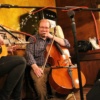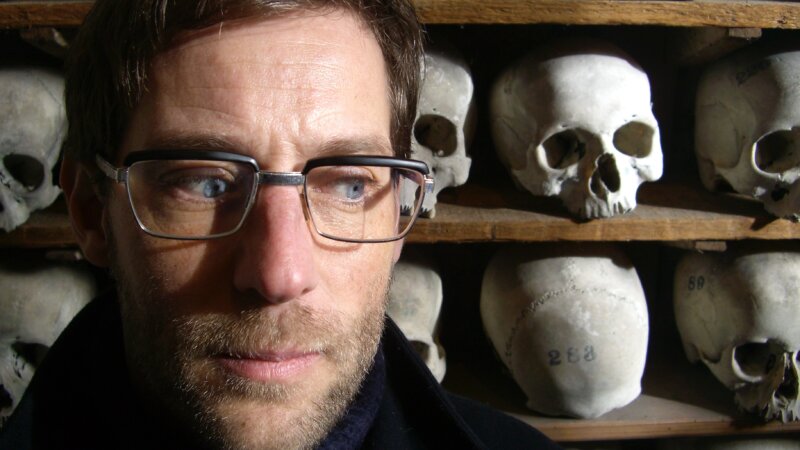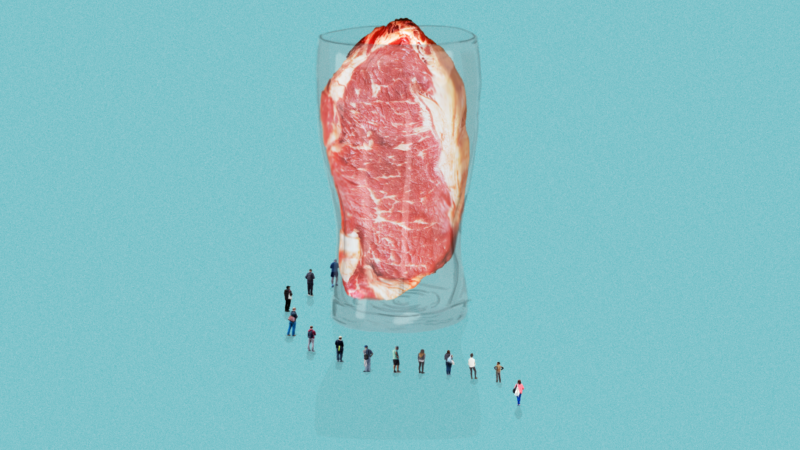Papa Westray: A model of community ownership
Papa Westray, known locally as Papay, is a small island at the far north end of the Orkney Isles, an archipelago off the north coast of Scotland. Measuring just four by one miles, with a population of 75 people, it is one of the most isolated places in the UK. Getting there is not easy. There is a small airstrip, and the ten-seater plane makes the two minute hop from the neighbouring island of Westray every day - for trivia fans, this is the shortest scheduled flight in the world - but you still have to make the lengthy trek to Orkney first. If you prefer to stick to land and sea, a trip from Inverness - the nearest town of any significant size, and still a long way from most of the UK - would involve over three hours on three different ferries, two 30-minute bus trips and nearly four hours on a train.
It's a truly beautiful island, with a gently rolling and very green landscape. The beaches are mile-long stretches of pure white sand looking over crystal clear blue seas. If it wasn't for the weather you could easily believe you were in Thailand. Dramatic cliffs and rocky coves are the breeding grounds for colonies of migrating birds every summer, including one of the most successful colonies of Arctic Terns anywhere, plus you can see seals, dolphins, puffins and all manner of other animals. Foremost out of the 60 or so archaeological sites on the island is the Knap of Howar, a Neolithic farmstead built in around 3,800 BC, predating even Ancient Egypt, making it the oldest building in northern Europe. Well worth a visit.
But none of this is why I chose to write about the island in this magazine. The island's infrastructure is built on an impressive principle of community ownership, a model that many larger cities could learn from. Island communities such as this have always had a slightly precarious existence, with depopulation a constant threat. In the past, many have failed. Famously, residents abandoned the islands of St. Kilda in 1930. Papay, having seen its population halve from the 1960s to the turn of the century, has seen an impressive resurgence in recent years and is now one of the few small islands in Scotland to have a rising population. Papay's history is different from much of the rest of the Highlands in that they were very quick to get rid of their laird in the early 20th Century. Much of the island then became common land, which could be used for grazing by any islander. It is from these roots that the Papay Co-op was born.
For a tiny island like this, the population want for very little in terms of facilities. The main community building now houses an amazing shop - the kind of place that sells one of everything - a café, hostel, community centre and at weekends a pub and an occasional cinema. The entire complex was built to serve the community, is owned by the community (all islanders are shareholders), employs members of the community and profits are ploughed back into the community. Tourism is encouraged with regular tours of the island. The money earned from the tours pays for the island's minibus, which acts as the local school bus, taxi, even an ambulance when it is needed. As well as this, the island owns its own water company, and regular farmer's markets mean that produce grown on the island can be sold easily. Other Scottish islands, such as Fair Isle and Unst, have gone as far as creating their own green energy companies, with renewable power created on the islands enabling residents to take themselves off the national grid.
As well as this, the nature of employment and housing on the island, where everyone earns more or less the same and all the houses are similar, breeds a sense of contentment and happiness with one's place in life that only a truly equal society can bring. The islanders I met were very keen to stress the point that when their friends and neighbours all have what they have and vice versa, and when advertising for expensive products and lifestyles is conspicuously absent, there is no culture of envy or greed. People take only what they need, and everyone is comfortable and secure because of it.
In Sheffield, as in every major UK city, where most of the money you spend is whisked away into private wealth and rarely benefits you or your community, we need to follow the example of the tiny but thriving island of Papa Westray. Spend money where you can follow where it will go, engage with co-operative enterprises, support local trade, and see the life of the place you live improve because of it.
papawestray.co.uk )







